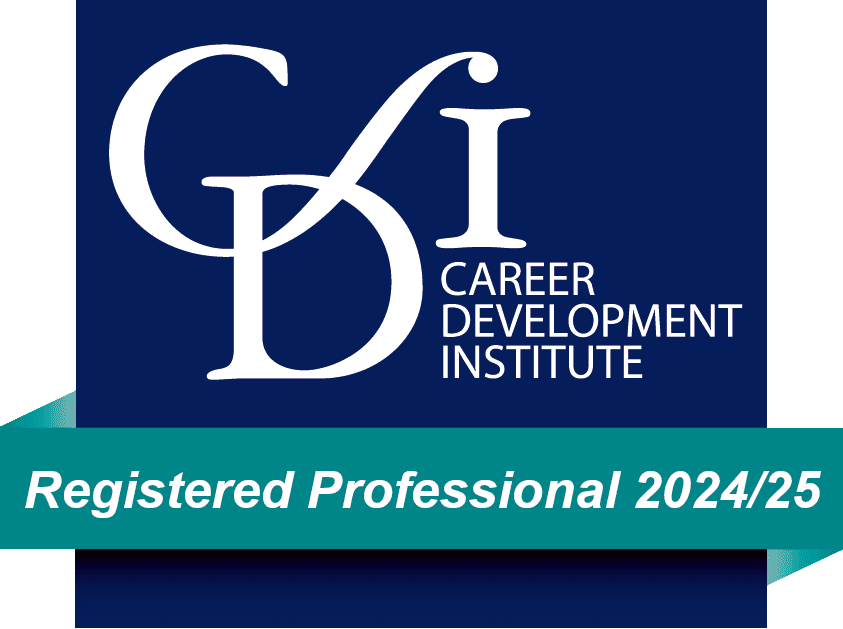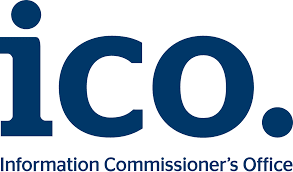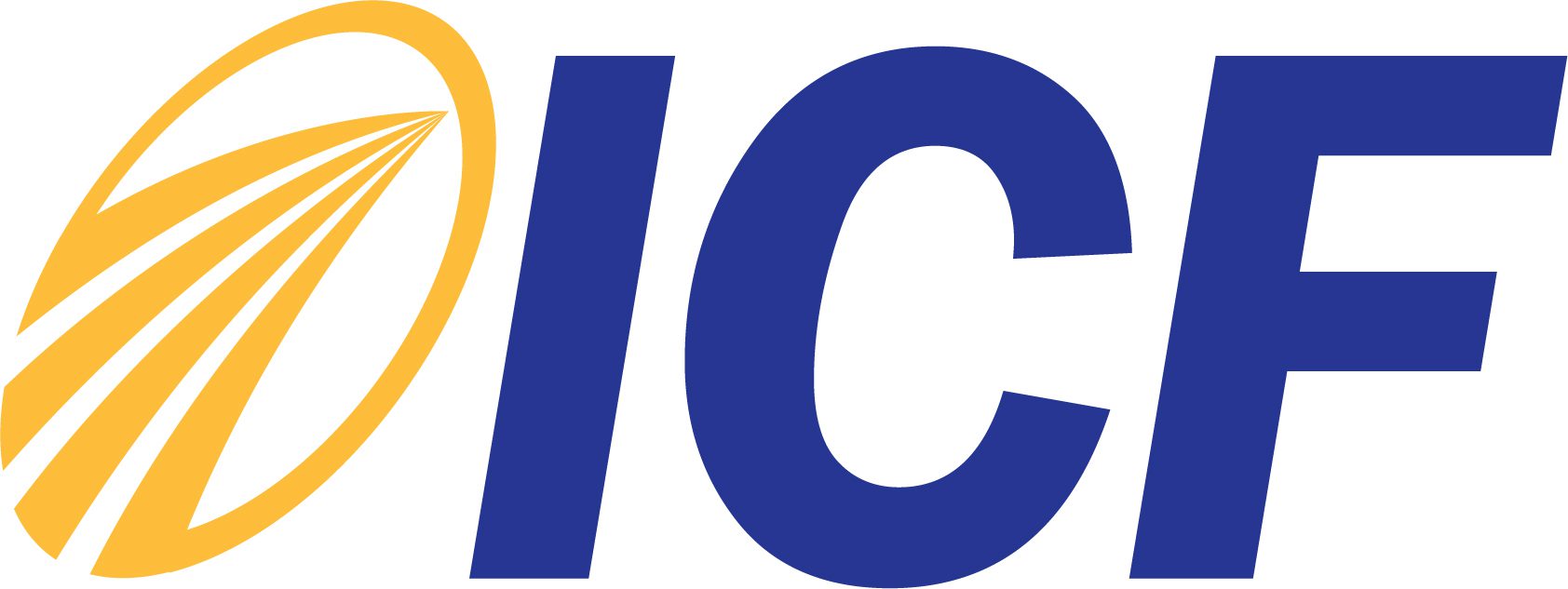Are you considering a fresh start? Lacking in new career ideas? Where do you begin?
Competition for jobs has never been more fierce, so ensure you have decided on what you really want to do next in your ideal career before jumping from the frying pan to the fire (whether you’re currently working or not working). This requires taking a step back from browsing the vacancies, to ensure that you’re pursuing the best career path for you.
Twenty years from now you will be more disappointed by the things you didn’t do than by the ones you did. So throw off the bowlines. Sail away from the safe harbor. Catch the trade winds in your sails…
Explore. Dream. Discover.”
– Mark Twain
Explore
Take a deep breath, and take the time to get a complete picture of yourself; likes, dislikes, strengths, values, goals… It can take time, because the natural urge is to just job hunt, but it’s vital to take a look at all of ‘you’ before careering (no pun intended!) into looking at specific jobs. How do you do this? I suggest you get started by writing a short biography, and to look at your highs and lows over the past, so that we can have as full a picture as possible of “you”. What have you achieved in your career that you’re proud of? What did you really enjoy? What problems or challenges have you encountered over the years, and how did you overcome these? Following these suggestions will give you as full a picture as possible of “you”. Some tips during this process would be:
- Be positive throughout – if it’s difficult, write down ten things that you like about yourself. This is often a challenge, but will help your mindset
- When writing your biography, look for clues to your values, and write them down.
- Think about whether you’re naturally a risk taker career-wise. If so what happened when you took risks? What happened when you didn’t?
- In tandem with the above, start to generate career traits/ideas/factors that appeal to you. Keep them as a list, collage, whatever works for you. Keep updating this list with new ideas as you go about your day. Be in a constant mode of enquiry.
The last point above is vital, and worthy of repeating. I understand the natural urge is to just job hunt, and focus on career ideas. I suggest that you generate factors about jobs you might like. Factors, not necessarily the job itself; so you could see a job advertised on a hoarding that you’d never consider, but an aspect of that role appeals – note it down. Don’t “edit” your ideas at this stage.
The exploration of oneself can also be a fun stage where I see “light bulbs” going on regularly, as realizations about past errors in career strategy are realised, and a plan to move forward is gradually laid down. This is a thorough process, and I urge you to take the time to explore all of your values, strengths, likes, and desires before rushing into job search per se. By the end of the explore phase, you will be very clear about what you must have in your career to be satisfied and motivated.
Dream
After the exploration stage, I suggest that you enter what I call the “dream” phase. This is a very creative part of the process where you generate a number of possible new career choices. I call it ‘dream’ because the idea here is to be expansive, to think outside the box, not to be constrained at this stage by traditional notions of what’s possible. In truth, almost any new career is possible if it’s right for you.
Open an ‘Ideas Bank’ – a space where you can capture all of the career possibilities you will think of – and let your child-like curiosity run away with you. Really go for it! What careers have you ever dreamt of doing? What jobs did you dream about when you were 5 years old? 10 years old? 15 years old? – No, don’t “edit” yourself”. However mild, however wild the ideas – do not judge them but just place them in your Ideas Bank.
After this process you’re likely to have generated many many different job ideas (this process could happen over a few weeks, so keep going back to your Ideas Bank until you’re satisfied with the number of options you have available).
Discover
[pullquote]Ensure that your needs and values are being fully served by your new career choice
[/pullquote]By using the exercises you’ve done previously, and your own intuition, try to get to three possibilities. All three possibilities should meet your values, skills and abilities, and be something you feel truly passionate about. All three ideas should also stack up against all of the aspects of Life and Work, which you will have been recording throughout the process.
This is the point where you investigate the top possibility that was generated in the ‘dream’ phase and turn your vision for an exciting new career that’s right for you into a soundly based action plan to make it happen. Choose an idea to take forward and formulate a plan of action to get you there.
How do you get from three options to one? Ask yourself some searching questions:
- Referring back to the previous exercises, really drill deep down into each choice. Which makes you feel really enthusiastic?
- Ask yourself the potential pro’s and con’s for each choice
- Paint a “Word Picture” for each choice; see yourself doing the role in the future – write it down. How does it feel? What are you doing? Why do you love it so much? Could it be better?
- What results would you like to create for each possibility?
- Your final choice should be the one that’s most “alive” for you
Finally, you’re ready to create a practical, detailed, time bound action plan; a list of actions required to move you toward your career goal. Decide who you need to contact (or other action required), by when, and for what reason. This detailed list of action points is vital to carry the whole process forward.
Whatever path or strategy you take with regard to career change planning, be sure to take that initial ‘step back’ to ensure that your needs and values are being fully served by your new career choice.
If you’d like to explore your career options more fully, perhaps a discussion with an executive career coach would be useful? Click here to arrange a call with us.











